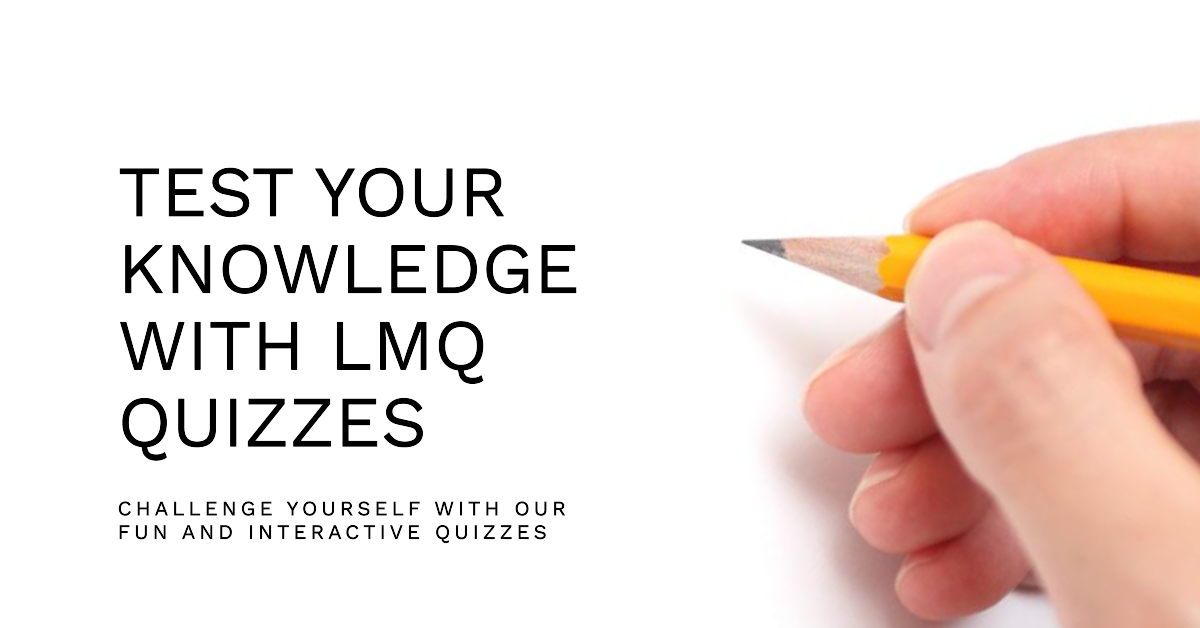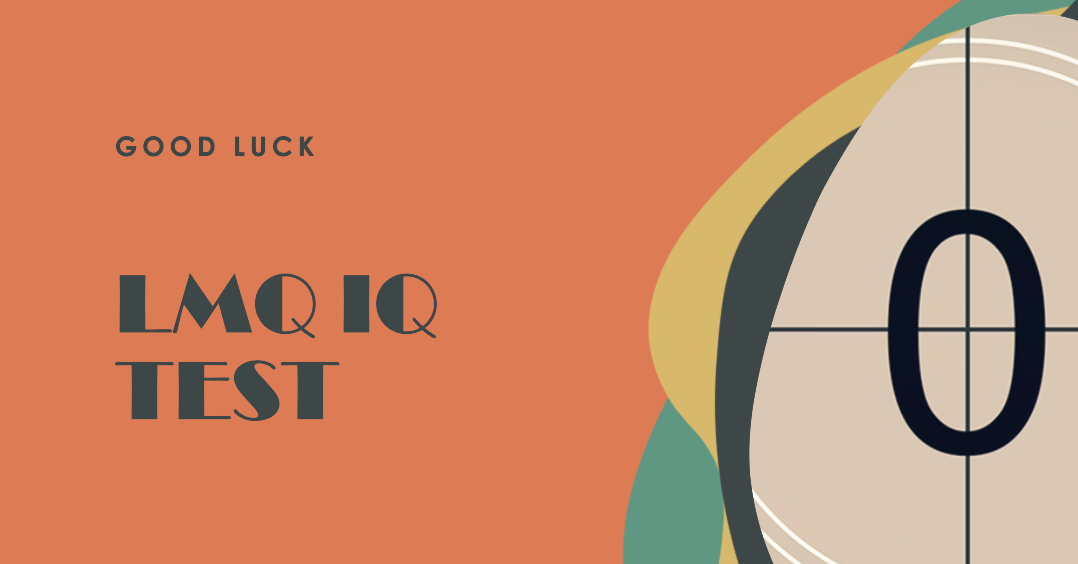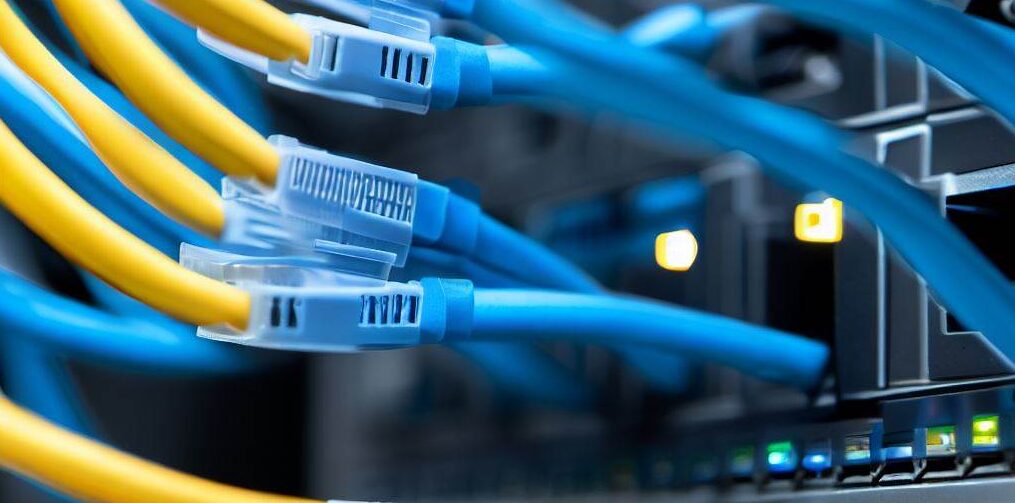In the vast tapestry of human attributes, few are as impactful as self-awareness. It’s the foundation of personal growth, authentic leadership, and effective communication. But what makes self-awareness so essential, and how can we cultivate it?
Why is Self-Awareness Crucial?
- Personal Growth: Self-aware individuals are more likely to recognize their strengths and weaknesses, which can drive personal and professional growth. They can pinpoint areas for improvement and take steps to evolve.
- Better Relationships: Understanding our emotions, reactions, and behaviors allows for better interpersonal dynamics. We’re better equipped to empathize, communicate, and avoid unnecessary conflicts.
- Informed Decision Making: When we’re aware of our values, desires, and inclinations, our choices align more closely with our true selves, leading to more satisfying outcomes.
- Resilience: Recognizing our emotional responses and triggers can help in managing stress, setbacks, and challenges more effectively.
- Authentic Leadership: Leaders who are self-aware inspire trust, foster open communication, and are more adept at guiding teams. They can recognize their biases and ensure they don’t cloud judgment.
Tools to Enhance Self-Awareness:
- Journaling: This age-old practice is more than just a record of events. Writing down thoughts, feelings, and reactions can offer insights into patterns, triggers, and behaviors. Over time, you’ll recognize trends in your emotional landscape and responses.
- Meditation and Mindfulness: By focusing on the present moment, meditation fosters a deeper understanding of one’s thoughts and emotions. Mindfulness practices train the brain to observe without judgment, leading to greater self-awareness.
- Feedback Loop: Regularly seeking feedback from trusted colleagues, friends, or mentors can provide an external perspective on behaviors, communication style, and areas of improvement.
- Personality Tests: Tools like the Myers-Briggs Type Indicator (MBTI), the Enneagram, or the Big Five personality test can offer insights into one’s character, preferences, and behavior. Remember, no test can fully encapsulate the complexity of a human being, but they can serve as a starting point.
- Professional Coaching: Engaging with a professional coach can help in identifying blind spots, challenging perceptions, and setting growth-oriented goals.
- Reflective Practice: Make it a habit to reflect on daily interactions, decisions, and experiences. Ask yourself: “What went well?”, “What could I have done differently?”, and “What did I learn?”
- Mindful Consumption: What we read, watch, and listen to affects our thinking. Consuming content that challenges our views or offers new perspectives can increase self-awareness.
Conclusion:
Self-awareness is the compass by which we navigate the intricate dynamics of our lives. By understanding ourselves better, we not only enhance our own experiences but also enrich the lives of those around us. And while the journey to self-awareness is perpetual, the tools mentioned can pave the way for deeper insights and personal evolution.
























